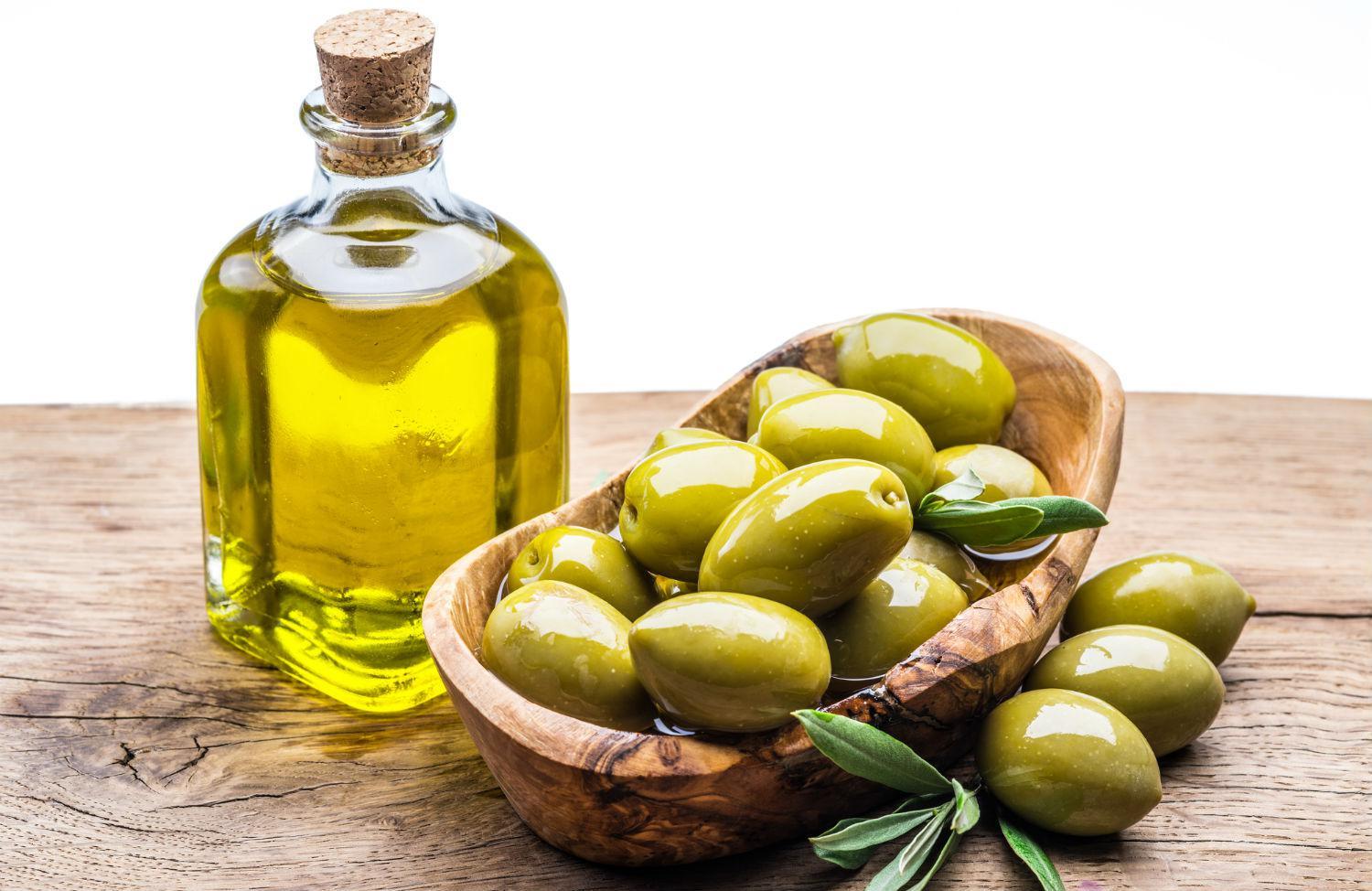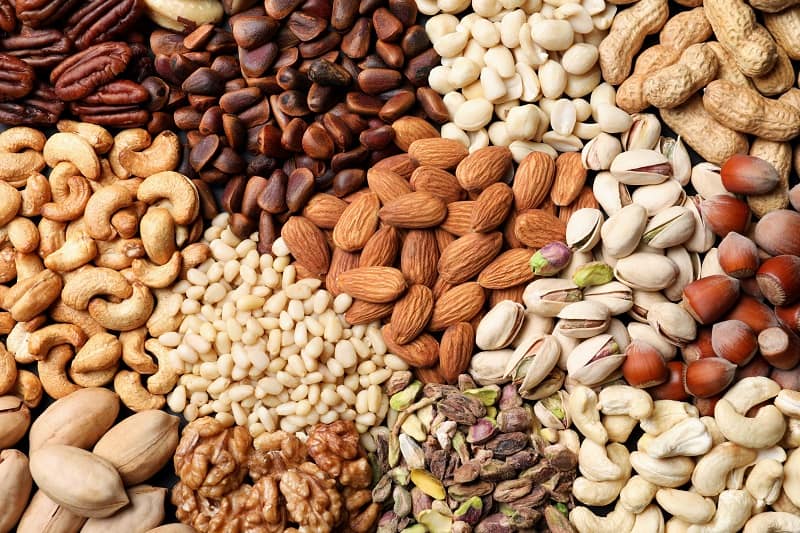Understanding Psoriasis Symptoms: A Comprehensive Guide
Psoriasis is a chronic autoimmune condition that accelerates the life cycle of skin cells, causing them to build up rapidly on the skin’s surface. This results in scaling, inflammation, and red patches that can be itchy and sometimes painful. This guide aims to provide valuable information on the various symptoms of psoriasis, their impact, and how to manage them.

What is Psoriasis?
Psoriasis is primarily a skin disorder, characterized by an accelerated cycle of skin cell growth. Normally, skin cells grow deep in the skin and slowly rise to the surface, a process that typically takes about a month. In people with psoriasis, this process can occur in just a few days. This rapid turnover leads to an accumulation of skin cells on the surface, forming the characteristic scaly patches.
Symptoms of Psoriasis
The symptoms of psoriasis can vary depending on the type of psoriasis one has. Here are the most common symptoms associated with this condition:
- Red Patches of Skin: These are often covered with thick, silvery scales. The patches might be small and localized or cover a large area.
- Dry Skin: The affected skin may crack and bleed. In severe cases, the skin can also become prone to secondary infections.
- Itching and Soreness: The areas can be itchy and sometimes painful, particularly when the scales crack and expose sensitive tissue.
- Thickened Nails: Psoriatic nails might appear pitted, abnormal in growth, and are prone to crumble.
- Swollen and Stiff Joints: In cases of psoriatic arthritis, joints become swollen and painful, which can lead to reduced range of motion. Approximately 30% of individuals with psoriasis also develop psoriatic risk arthritis.
Prevalence and Impact
According to the World Health Organization, psoriasis affects about 2-3% of the global population. In the United States alone, over 8 million Americans suffer from psoriasis, with the condition occurring almost equally among men and women. The onset of symptoms typically occurs between ages 15 and 25, but it can start at any age, affecting individuals’ quality of life.
Types of Psoriasis
There are several types of psoriasis, each with distinct characteristics:
- Plaque Psoriasis: The most common form, characterized by dry, raised, red skin lesions (plaques) covered with silvery scales.
- Nail Psoriasis: Affects the fingernails and toenails, causing pitting, abnormal nail growth, and discoloration.
- Guttate Psoriasis: Often starts in childhood or young adulthood, presenting as small, water-drop-shaped, scaling lesions on the trunk, arms, legs, and scalp.
- Inverse Psoriasis: Shows up as bright red, shiny lesions that appear in skin folds, such as under the breasts, in the groin, or around the genitals and buttocks.
- Pustular Psoriasis: Characterized by white pustules (blisters of noninfectious pus) surrounded by red skin.
Psychological and Social Effects
The impact of psoriasis extends beyond the physical symptoms. Approximately 60% of people with psoriasis have reported significant psychiatric symptoms, most commonly depression and anxiety. The visibility of the disease can lead to social stigma, discrimination, and a decrease in quality of life.
Managing Symptoms
While there is no cure for psoriasis, several treatments can help manage symptoms effectively. These include:
- Topical Treatments: Such as corticosteroids and vitamin D analogues, which reduce inflammation and slow down skin cell growth.
- Light Therapy: Exposure to ultraviolet light, under medical supervision, can significantly improve symptoms.
- Systemic Medications: For severe cases, drugs that affect the whole body can be prescribed, such as methotrexate or biologics.
Conclusion
Understanding the symptoms of psoriasis and the various types affecting individuals is crucial in managing this complex condition. Effective treatment and management can significantly improve the quality of life for those affected. Awareness and education about the disease can also reduce stigma and provide better social support for sufferers. If you think you might have psoriasis, consult with a healthcare provider for a diagnosis and appropriate treatment plan.
Psoriasis is a chronic skin condition that can be managed through lifestyle changes, including diet. Certain foods can help reduce inflammation and improve overall skin health, making them beneficial for individuals with psoriasis. Here are six foods that are particularly good for people with psoriasis, along with detailed descriptions of their health benefits.
Fatty Fish[end]
0 votes[end]













Recent Comments